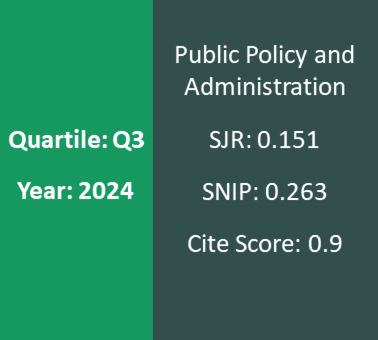Evaluation of Family Friendly Policy in Lithuania
DOI:
https://doi.org/10.5755/j01.ppaa.16.3.19342Abstract
Purpose of this article is to disclose the effectiveness of family friendly policy implementation based on the attitudes of the parents with juvenile children, attitudes of experts in family friendly policy. The research goals are the following: 1) to describe the concepts family and family friendly policy; 2) to characterize support for family in the context of the welfare states regimes; 3) to analyse family social support system in Lithuania; 4) to prepare qualitative research methodology; 5) to carry interviews with parents with young children and experts on family friendly policy; 6) to present conclusions and recommendations for the improvement family and working life reconciliation. The research results revealed that there are no considerable differences in both parents and expert’s attitudes towards family friendly policy in Lithuania. Both tend to criticize Lithuanian family friendly policy and indicate more disadvantages than advantages. The results indicated, that due to attitudes expressed by the informants, State should ensure adequate benefits and other social assistance means for families with young children; improve existing maternity, paternity and parental leave schemes, the legal basis; to increase public attention and subsidies to young families by helping to purchase real property; to establish more free future parents education centres.





